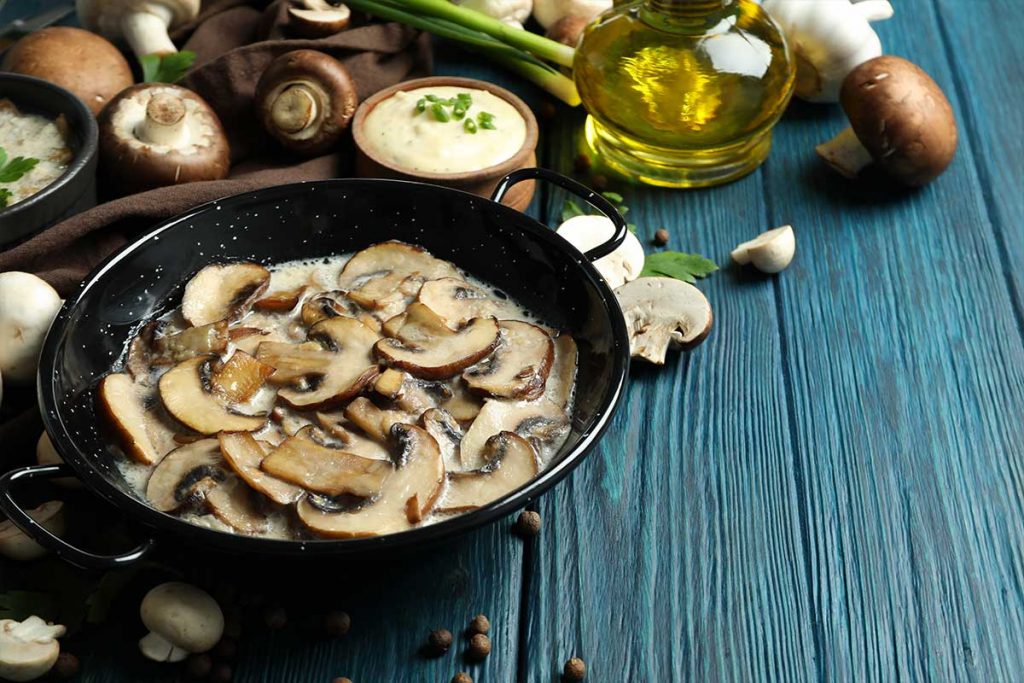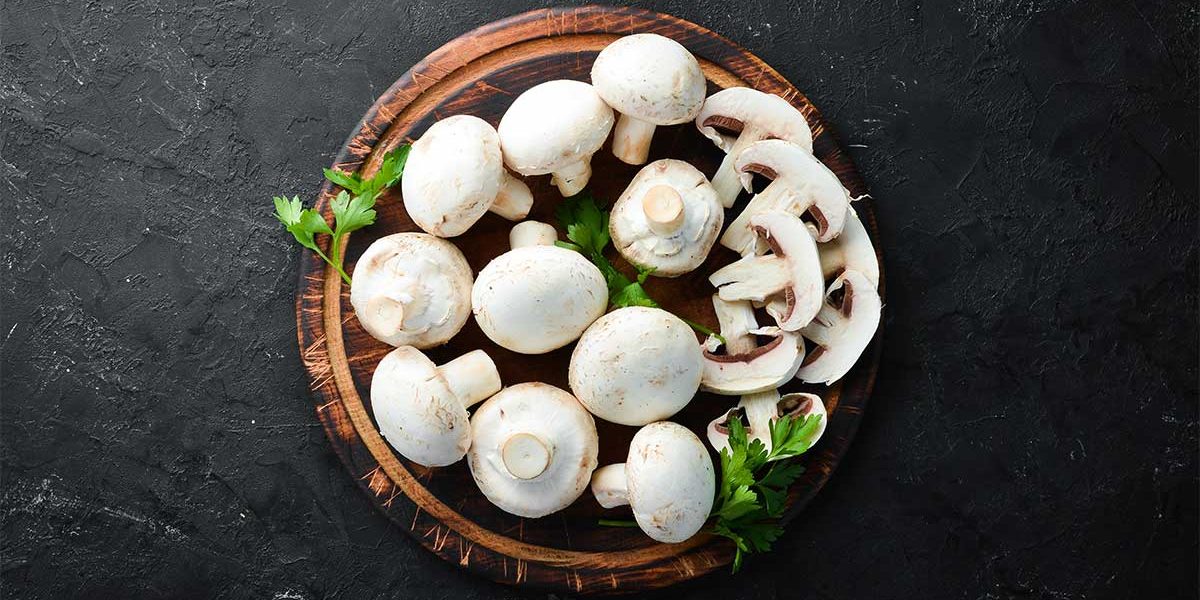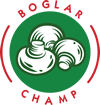Many people struggle to lose the extra weight they put on during the winter and try all sorts of miracle diets that promise quick and magical results, but in many cases, as fast and spectacular as the first kilos can be lost, the weight will come back on just as quickly or even faster if we change our eating habits only for the duration of the diet. All serious nutritionists advise those who want to lose weight to consider a long-term, gradual and general lifestyle change, as this is the only way to achieve sustainable results.
Losing weight alone is not enough, and if you starve your body, which does not get the right quantity of quality essential nutrients, it will go into survival mode and ‘make up’ for the fat accumulation at the end of the short-term ‘diet’, or even add to it.
So what can we do to lose weight in a sustainable and healthy way?
The basic principle of healthy dieting, or rather healthy eating, is to replace fatty, sugary foods that are low in vitamins with nutrient-dense, low-calorie, but preferably filling foods. Sustainable and healthy weight loss can be achieved, for example, with the Mediterranean diet, which consists of eating plenty of local, seasonal vegetables and fruit, whole grains, oilseeds, olives, legumes, plenty of fish, seafood, bread and pasta in moderation and only wholemeal or durum wheat flour, while olive oil becomes a staple food. Mushrooms are an integral part of this type of diet, as they are a superfood: 90 percent water, minimal fat, low in carbohydrates and high in protein.

In summer, we also move more and spend more time outdoors: it’s important to eat light but nutrient-rich foods that give us energy like mushrooms.
Mushrooms are an integral part of any weight-loss diet because they are effective in reducing weight and are extremely low in calories. For example, did you know that 100 grams of champignon mushrooms contain only 39 calories and 100 grams of oyster mushrooms have only 33 calories? We’ve written more about why mushrooms are perfect for any diet here.
In addition to the Mediterranean diet, the mushroom-plan diet, which involves replacing all main meals with mushroom-based foods, is becoming increasingly popular. Mushrooms are an excellent source of protein and are therefore an essential ingredient in vegan – dairy and meat-free – diets, providing active athletes with a supply of energy-giving, valuable nutrients.
Another advantage of mushroom-based dishes is that mushrooms require less cooking time than meat or even vegetables, so most of the vitamins, amino acids and other beneficial ingredients in mushrooms are preserved after cooking. However, mushroom dishes are harder to digest, so chew each bite thoroughly – that way you can even enjoy the flavour more.
Mushrooms, also known as one of the food of the gods, should not be left out of the Paleolithic diet, which is based on eating mostly raw foods available to foraging and hunting communities. Yes, there are mushroom species that can be eaten raw, such as champignons or oyster mushrooms!
Cultivated mushrooms, which we know come from a chemical-free environment, can be eaten raw, but it is better to be careful with wild mushrooms, because there are several species of mushrooms that are toxic raw and can only be eaten after heat treatment.
In most Paleolithic recipes, mushroom dishes are also steamed for at least a few minutes, partly because the flavours blend better. The chopped mushrooms can be combined with a vegetable such as spinach, tossed in a garlic and onion mixture cooked in coconut oil, and when softened under the lid, adding a few eggs. Simple and delicious!






